Since Microsoft has stopped its support for Windows 7, it's the perfect opportunity to switch to Linux for a safer and more secure experience. In this post, MiniTool introduces 5 best Linux distros. If you plan to switch OS, you may get some advice from it.
The end of Windows 7 support leaves millions of PC users stranded on an insecure system. They have two choices: upgrading to Windows 10 or installing an alternative operating system.
If you want to upgrade to Windows 10, Microsoft may urge you to buy a new PC. Well then, why not try another free OS? If you want to know what the best free alternative to Windows, Linux OS must have a seat.
In this post, I will introduce 5 best Linux distros for Windows 7 user. Keep reading to get to know them.
1. Linux Mint 19.3 ‘Tricia’
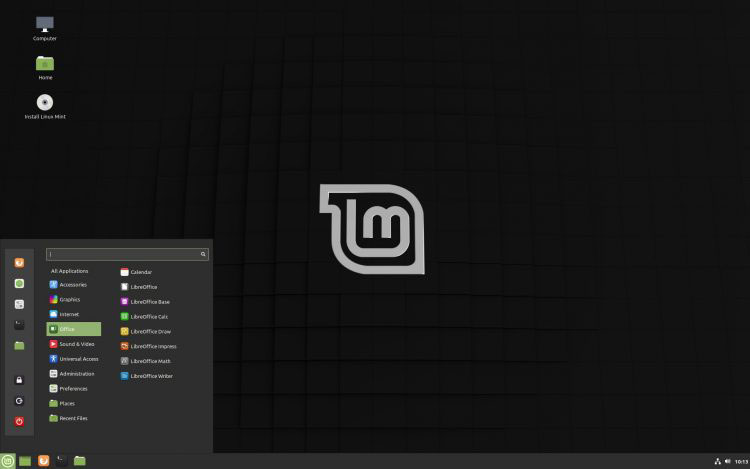
Linux Mint 19.3 is arguably the most oft-recommended Linux distro for Windows users to try. The reasons are as follows:
- Windows-style layout: A searchable start menu in the left-hand corner; a task switcher along the bottom with system tray; you can put icons on the desktop; switch between open windows using alt+ tab and so on. The desktop of Linux Mint is laid out much like that of Windows 7, which can help reduce the learning curve needed to get on and do stuff.
- Great selection of software preinstalled: Linux Mint 19.3 ‘Tricia’ is pre-loaded with a terrific set of software, plus access to more using the included app store, which can make your work smoother.
- Runs well on older hardware: Linux Mint 19.3 ‘Tricia’ runs great, even on older or more modest hardware. This is one of the best choices for your old device.
- Huge user community: A huge user community always means a strong technology support. If your computer goes wrong, you can seek help there.
2. KDE Neon (User Edition)
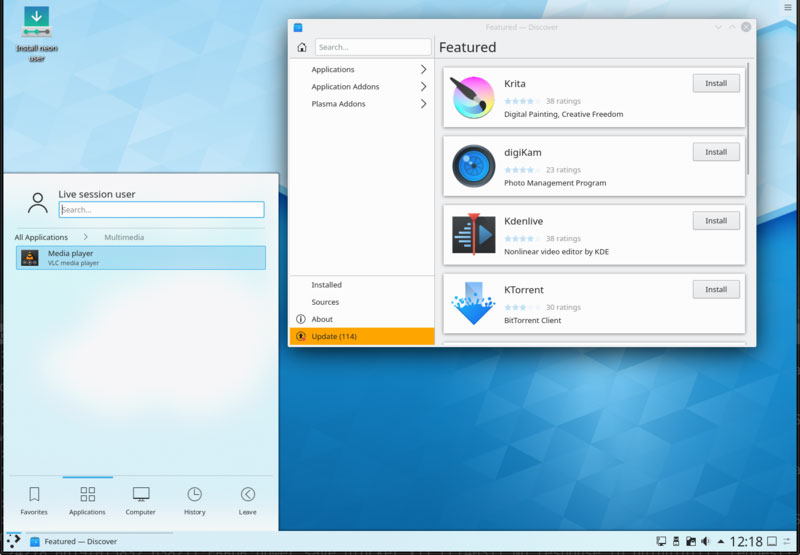
KDE Neon is a Linux distribution based on Ubuntu. It has the following characteristics:
- Configurable interface and layout: It uses the KDE Plasma desktop environment by default. Plasma desktop is relatively easy to understand and highly configurable. It gives you far greater control over your computer than Windows ever did. But some users may think it is complicated.
- Runs great on older hardware
- Regular software updates
If you want a system that’s powerful, but tameable, then KDE Neon will suit you well.
3. Zorin OS 15 Lite
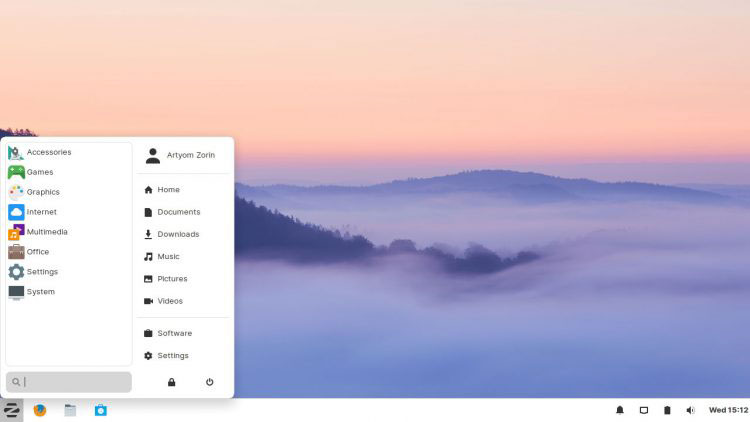
Zorin OS is a Linux distribution based on Ubuntu. It has the following characteristics:
- Low system requirements: It runs well on ancient hardware. If your computer isn’t up to the job of running Windows 10, or you’ve tried other distros and found them a little sluggish, Zorin OS 15 Lite is definitely worth checking out.
- Lightweight system: It is a lightweight Linux distro with zero bloat. But you get all of the essential tools you need to get online, communicate, chat, and watch videos.
4. Elementary OS 5.1 ‘Hera’
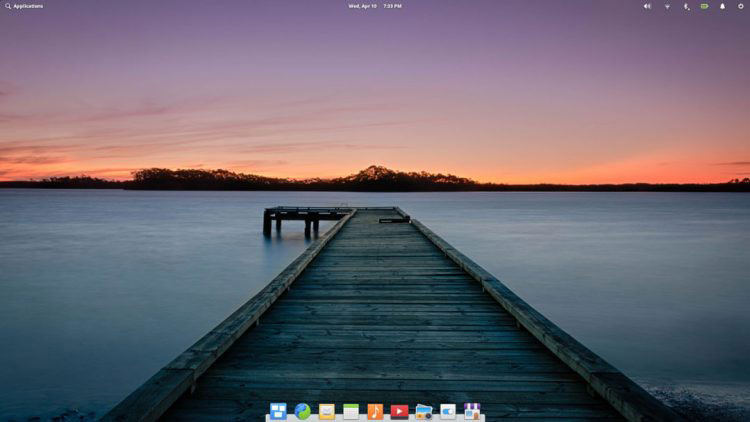
Elementary OS is also an Ubuntu-based Linux distribution. It has the following characteristics:
- Looks like Apple’s macOS: It uses Pantheon desktop shell, which is user friendly and very fast. The Plank dock (the task switcher and app launcher at the bottom of the screen) makes managing multiple windows a breeze.
- Fantastic array of first-party apps: A great set of apps are included by default, with software for playing music, managing your to-dos, and reading and sending email. It can meet your daily demands.
Please note that the elementary OS is offered on a “pay what you want” basis. That means you’re encouraged to pay to download it. But you can still enter “0” as the value amount to download a copy for free to try out.
5. Ubuntu 19.10
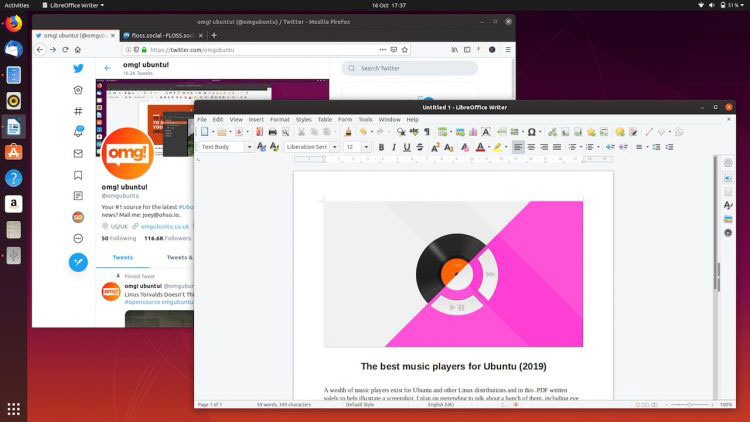
Ubuntu is most popular and widely used desktop Linux operating system. Ubuntu 19.10 is the latest version of Ubuntu. It has the following characteristics:
- Latest software: This distro comes pre-loaded with new versions of stellar software including Mozilla Firefox (web browser), Thunderbird (e-mail client), and LibreOffice (office suite). It also have access to thousands of other apps in the Software Centre.
- Huge user community: It is widely used and has millions of users.
- Long-term support: Ubuntu 20.04 LTS will be released later in this April, which will be backed by half a decade of on-going support. You can get a long-term support if you install it.

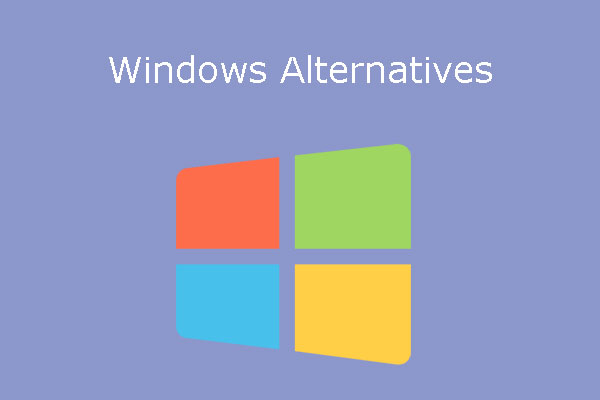
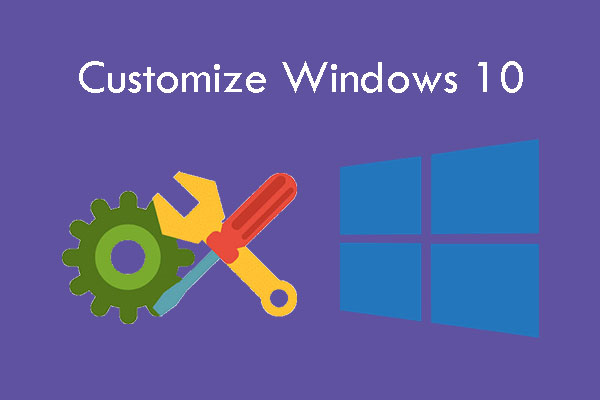
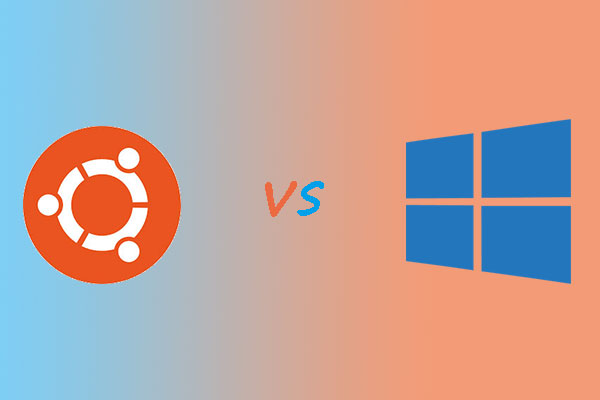
User Comments :